Book Review – Unbound: 2,000 Years of Indian Women’s Writing
Book Review – Unbound: 2,000 Years of Indian Women’s Writingon Sep 19, 2019
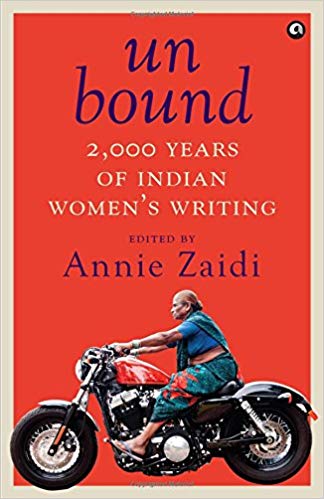
To represent the immense variety of texts produced by Indian women over the last 2,000 years — in 350-odd pages — is no mean feat.
Title: Unbound: 2,000 Years of Indian Women’s Writing Ed: Annie Zaidi Publisher: Aleph Book Company Pages: 372 Price: Rs 595 First things first: in assembling this anthology, Annie Zaidi has accomplished a mammoth task. To represent the immense variety of texts produced by Indian women over the last 2,000 years — in 350-odd pages — is no mean feat. As with any anthology, both its pleasures and its perils lie in personal choice: the editor’s love of a particular piece will eventually determine what makes the cut. With a project as ambitious as this one, there are also all sorts of less personal variables to consider. Should it include anonymous folk literature in a feminine voice? Does “Indian” include writers who later became Pakistani or Bangladeshi citizens? Does it include diaspora writers? “Indian” wasn’t the only word that Zaidi had to define: “writer”, she decided, couldn’t include columnists, speech-writers and letter-writers, and for 20th century writers, they needed to have “a body of work”. When it came to genre, though, Zaidi cast her net wide, including excerpts from novels, stories, non-fiction, essays, speeches, travelogues, memoirs and plays. A poet herself, she gives a lot of space to poems. A different editor might have decided differently. But Zaidi’s careful introduction lays out her criteria with such scrupulous honesty that disagreements seem churlish. In any case, it is indisputable that this volume contains many more gems than duds, and a reader dipping into it at random will net enough unexpected pleasures. Some are famous names you have somehow never read: for me, these included Kamala Markandeya, the surprisingly vivid Cornelia Sorabji, Sarojini Naidu (represented not by her poetry but by a superb speech) and Bhakti poets like Bahinabai and Akka Mahadevi. Others I had never heard of, like Vibhavari Shirurkar (1905-2001), whose lovely excerpt from Kharemaster has a husband wooing his teenaged wife, or Pratibha Ray, whose Yagnaseni is a provocative Oriya retelling of the Mahabharata in Draupadi’s voice. There are several well-known writers I admire — Vaidehi, with one of her most brilliant stories, Gulabi Talkies, about the coming of the cinema to a small town; Krishna Sobti, with an extract from Surajmukhi Andhere Ke, which I wouldn’t have chosen, but which is rare for its frank, intimate depiction of sex; Mrinal Pande, whose Bibbo is a delightfully sardonic tale of an upper class couple’s domestic help; or Easterine Kire, whose excerpt from Bitter Wormwood offers a sharp, sweet sense of what it was to hear about Gandhi’s death in Nagaland.
Annie Zaidi Books
Book Review
Book Review of Unbound
Unbound Book Review
Unbound Review
Unbound: 2000 Years of Indian Women’s Writing



.jpg)






.jpg)

.jpg)
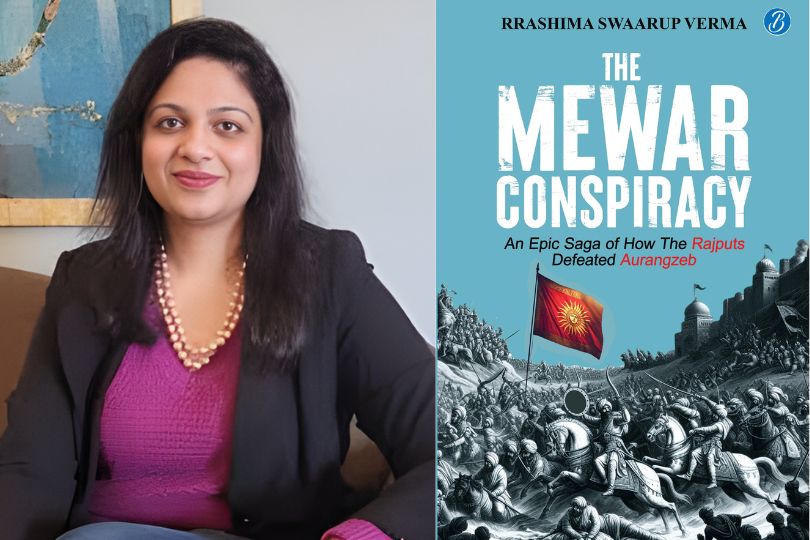
.jpg)
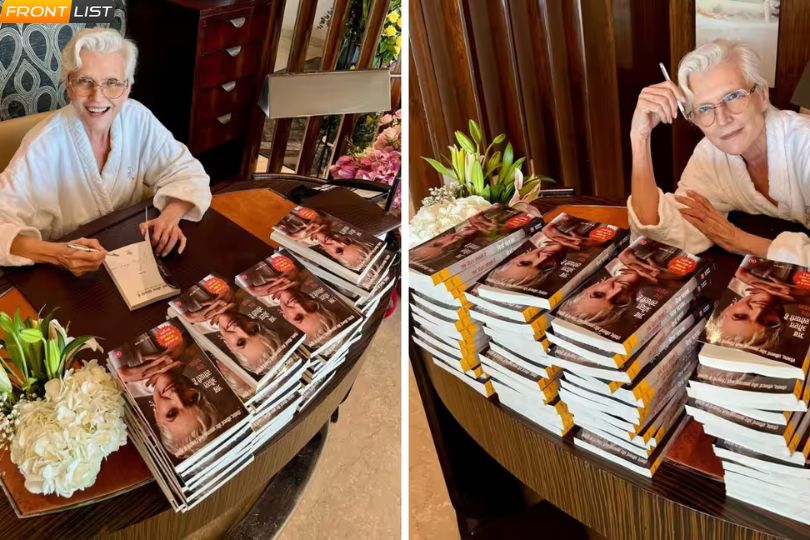
.jpg)
.jpg)



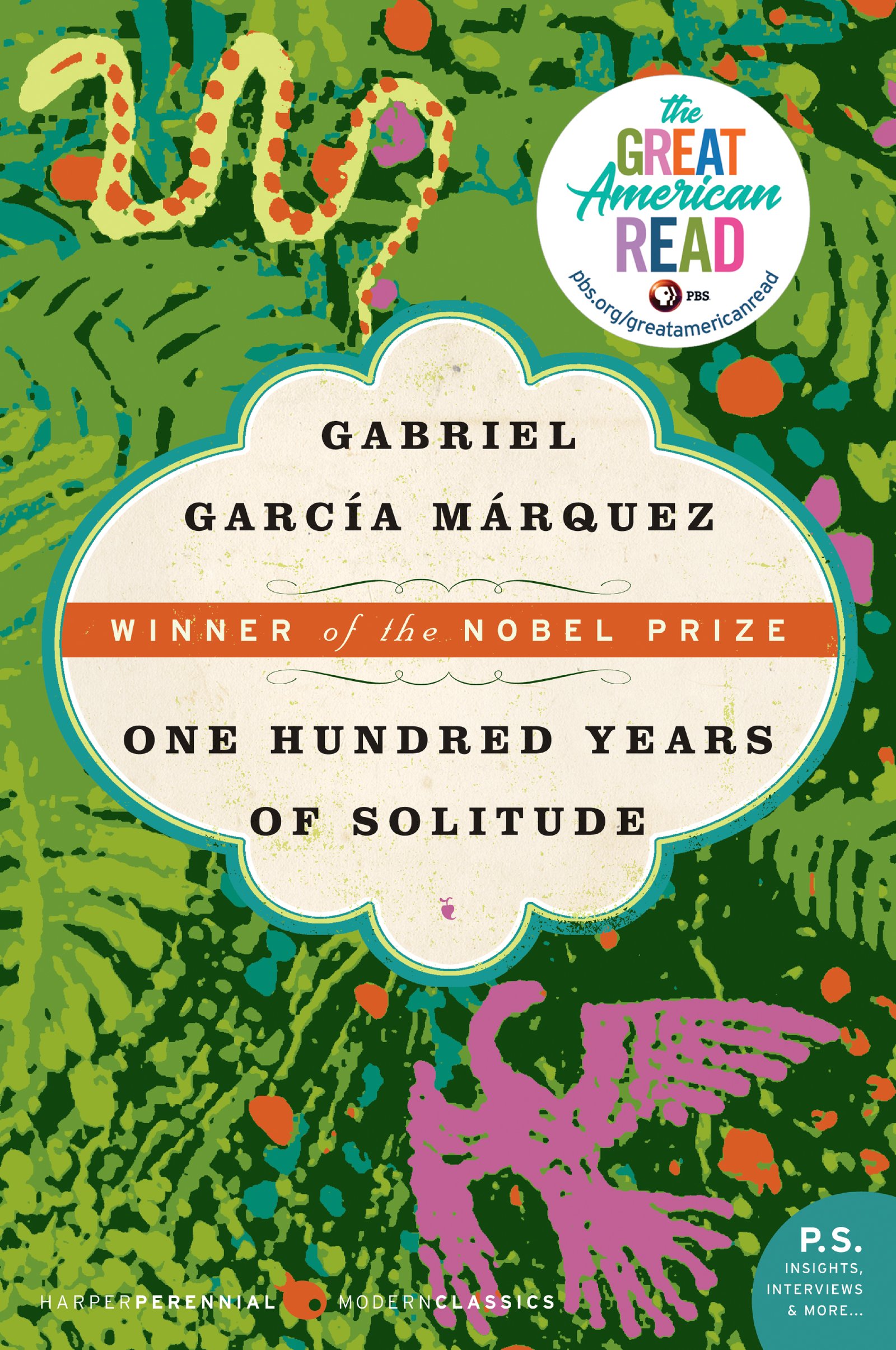
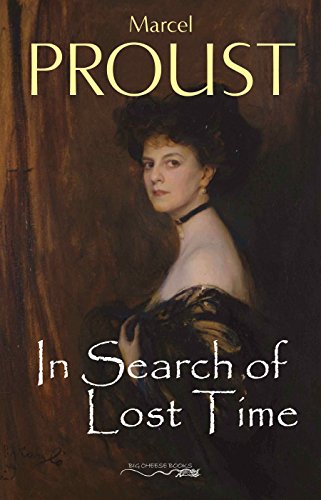
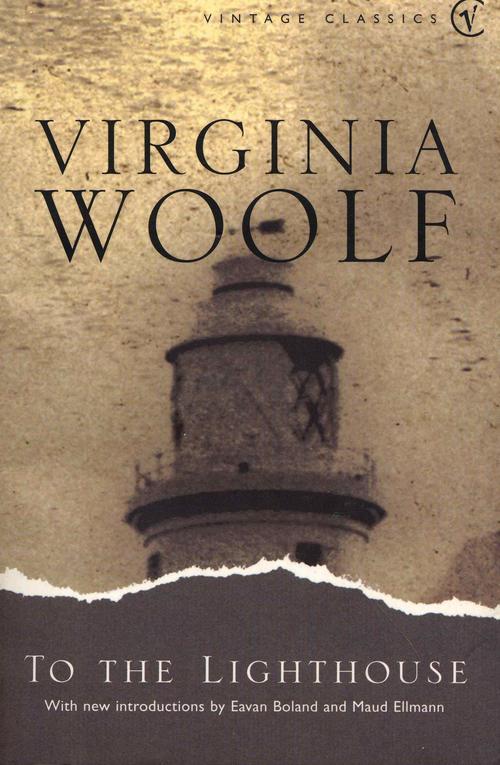
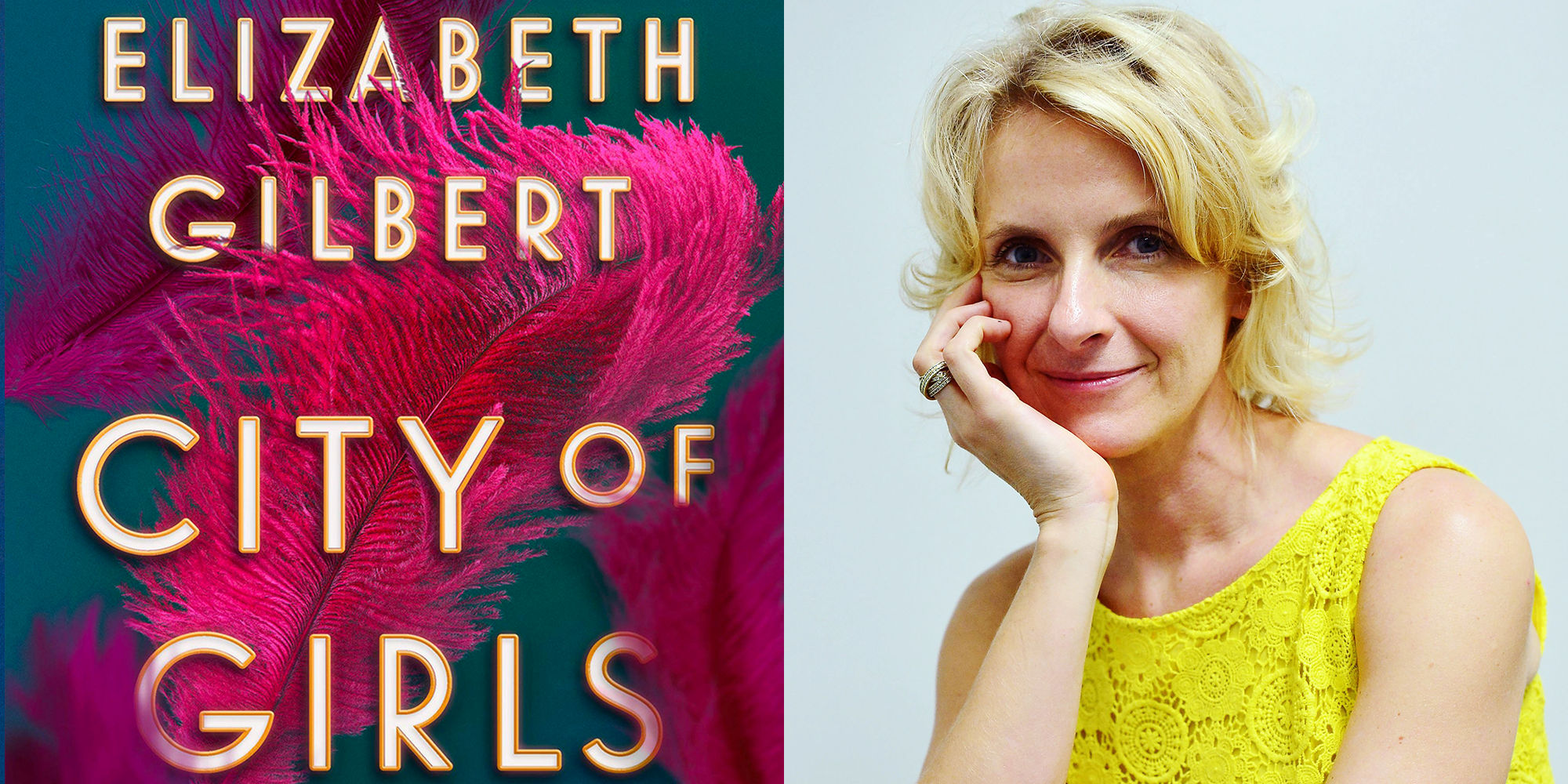
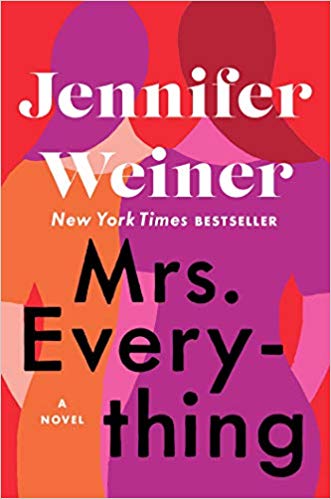
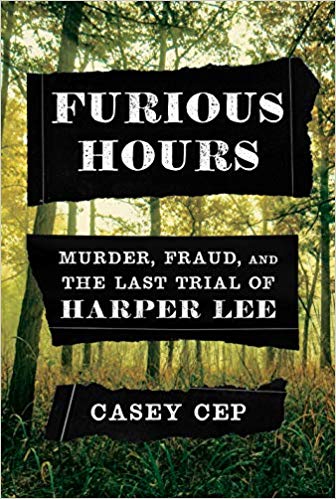
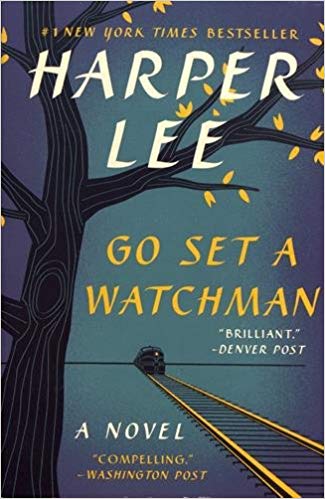
Sorry! No comment found for this post.